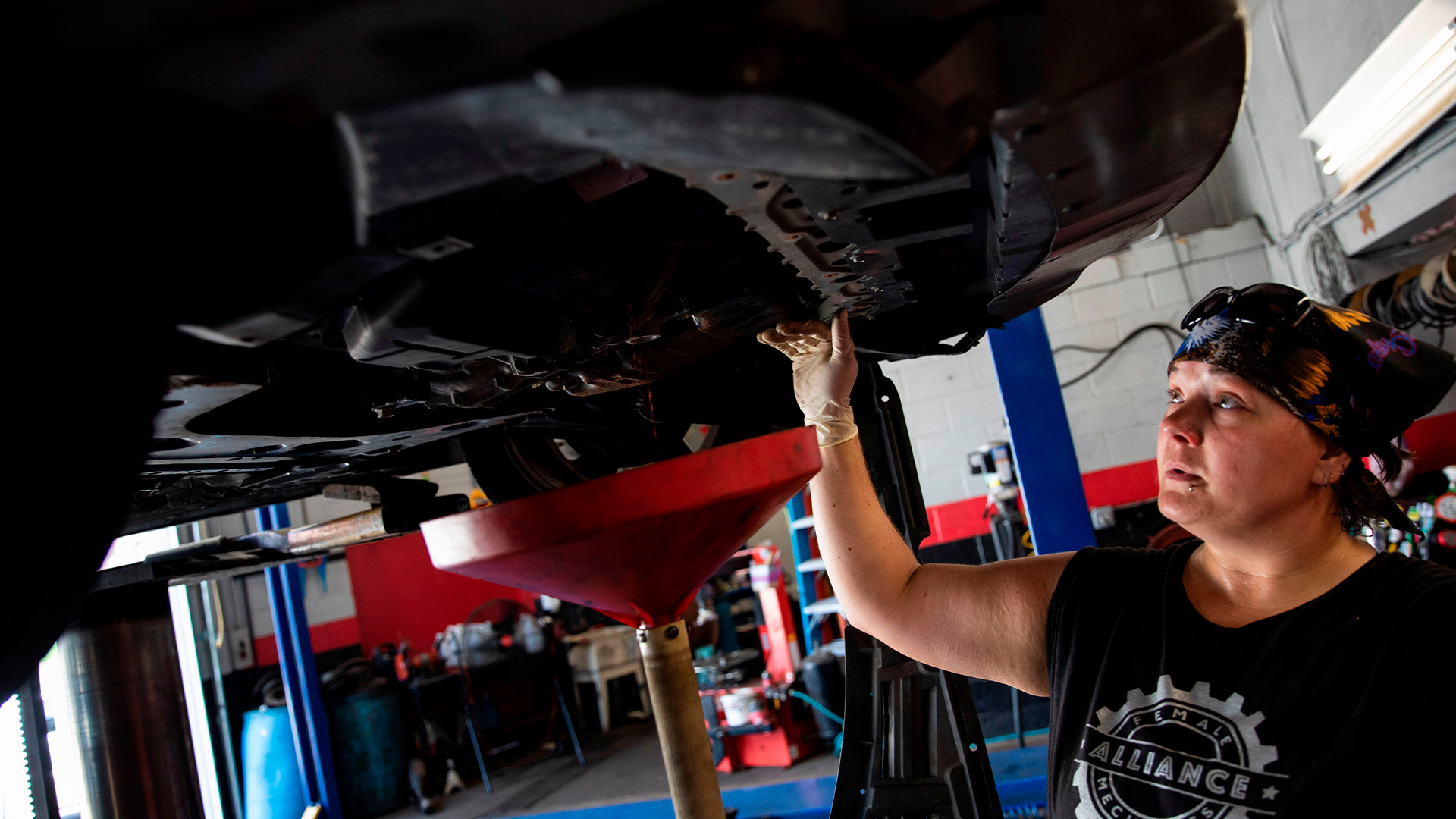

We’ve seen strict vehicle regulations set forth by Homeowners Associations fairly regularly, but a discussion currently taking place at Grassroots Motorsports has brought to light a block of anti-vehicle-repair code from the County of Sacramento, California. In a nutshell, the ordinance prohibits car and homeowners from performing complex repairs on their vehicles, in your own garages.
An excerpt from the zoning code reveals that residents of the county are permitted to perform “minor automotive repair” at their respective domiciles, so as long as they are working on a car which is registered to someone who lives there. However, the code also states that the repair must be minor (which is defined as “brake part replacement, minor tune-up, change of oil and filter, repair of flat tire, lubrication and other similar operations”) and cannot be performed outdoors if the repair would leave the vehicle inoperable for more than 24 hours.
As you might have picked up, the code has a bit of vagueness when defining “similar operations,” something it briefly touches on in section 5.2.0.B of the Sacramento County Zoning Code. Essentially, the code lumps any repair not listed above into the category of “major automobile repair or maintenance,” which it prohibits occurring both inside and outside of an enclosed garage.
The code also prohibits individuals to perform repairs which use “tools not normally found in a residence”—another vague term which creates an elucidation of the law, placing it up for deliberation depending on the individual deciphering the legal code.
For example, someone could be performing a minor repair by replacing the brake shoe on their classic Chevy Camaro, a part which is classified as a “minor automotive repair” as it involves a “brake part replacement.” But because the Camaro uses brake drums, an older technology not typically seen in modern cars (given the popularity of disc brakes), it can be argued that a brake drum spring tool isn’t a tool “normally found in a residence.” This means that specific repair may fall under a prohibited action in 5.2.0.B.1 depending on the person interpreting the code.
As troubling as this might seem, it’s believed that the code is intended to prevent small independent repair shops from popping up in someone’s backyard. And while it may be, it also appears to be hurting enthusiasts at the same time. One particular member of the Grassroots Motorsports forum claims that they were issued a $430 fine for violating the code.
The code enforcement website, however, explains that the law is in place for environmental and financial reasons:
“The chemicals involved in major automobile repair can pollute our neighborhoods and endanger the health and wellbeing of our residents,” reads the explanation. “Furthermore, this kind of activity increases vehicle traffic and the visual impact can negatively impact property values.”
Whatever the true reason is for the code to be in place, it’s an upsetting reality for many motoring enthusiasts to know that they can’t perform complex repairs and modifications to their own cars on their own property.
h/t: Jalopnik